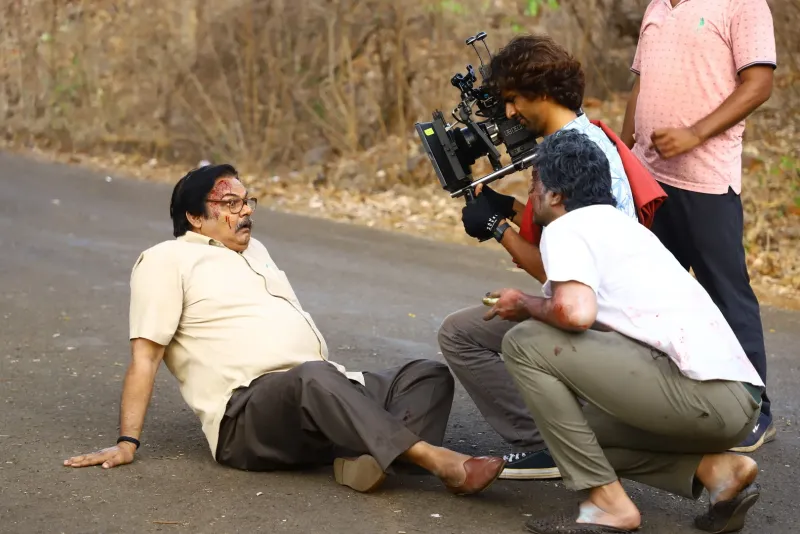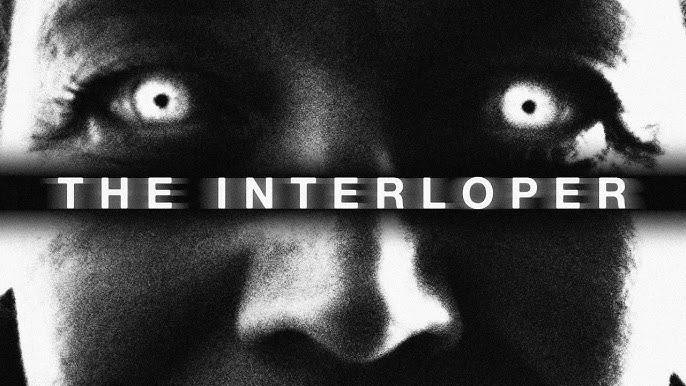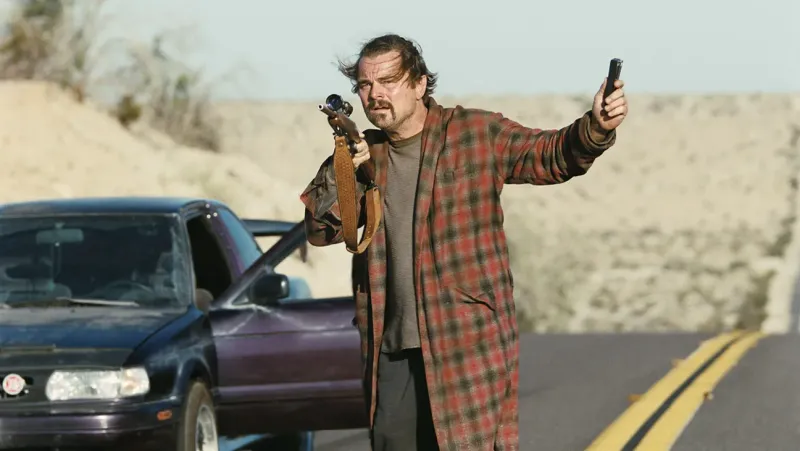Darious is a young boy growing up with a sometimes harsh, demanding father. He's a quiet, sensitive boy, but he still seeks closeness and approval from his father. When his dad gets into a fight at a bowling alley one day, the emotional fallout sends Darious on his own internal journey of confusion and anger -- one that propels him to face his propensities for violence and the limits on his power. Directed by Miles Warren from a script co-written with Ben Medina, the short drama on the surface appears to be an intimate portrait of a father-son bond, and an examination of how violence and trauma transmit from one generation to the next. Those themes are present, but they're explored with an artful visual style and thoughtfully sculpted use of score, sound and editing, creating a cinematic experience that is both psychologically absorbing and intellectually rich. The film opens with grainy video footage of a fight on the street, slowed down and edited in a way that emphasizes a dissociative, almost dreamlike feeling -- as if the violence were a memory or a haunting dream. This strange sense of remove persists through the film, generated through its somber, cerebral visual strategies. The film's world is dark and gritty and the dark, muted color palette of naturalism, but it turns realism on its head with a more studied, sometimes abstract style. Shots are composed in striking but slightly skewed ways that emphasize an inherent disconnection; eyelines rarely quite meet; the score's dissonant washes of noise create a constant atmosphere of unease.

These artistic flourishes create the headspace of a young boy who seems to exist uneasily in the world. Darious has a weighty paralyzing helplessness at times, as if he wants to disappear from the social ostracism he faces and his father's disappointment. Actor Noble B. Whitted's subtle, understated yet powerful performance as Darious has shades of depression to it, an emotional paralysis resulting from a world where he feels invisible and trod upon. His father, on the other hand, exerts his power in the form of violence, which comes out when he discovers his son hasn't been invited to a birthday party. Actor J.D. Williams exerts a hardened anger that roils underneath the surface, along with a muted love for his son. But it's his temper that is more volatile, and it comes out in full force during a knock-down fight at the bowling alley, shot with an eye for both savagery and absurdism. That fight goes viral, creating emotional fallout for Darious as he grapples with how to handle a rage and anger of his own. A selection at Sundance and SXSW and Oscar-eligible as a Grand Jury Prize winner at Seattle, "Bruiser" ends on a muted note of sweetness that is more like a relief and an exhale than anything else. It's a testament to the unease created by the maverick filmmaking -- and how it interrogates ideas of manhood and violence with intelligence and understanding -- that the ending doesn't come across as the start of a new chapter. Viewers might like to hope that both father and son can take a look at how a parent's unexamined baggage can feed into a child's struggles. But "Bruiser" knows the work of dismantling what can be a generations-long legacy of violence is hard and painstaking, especially in a world where we remain powerless and voiceless.



